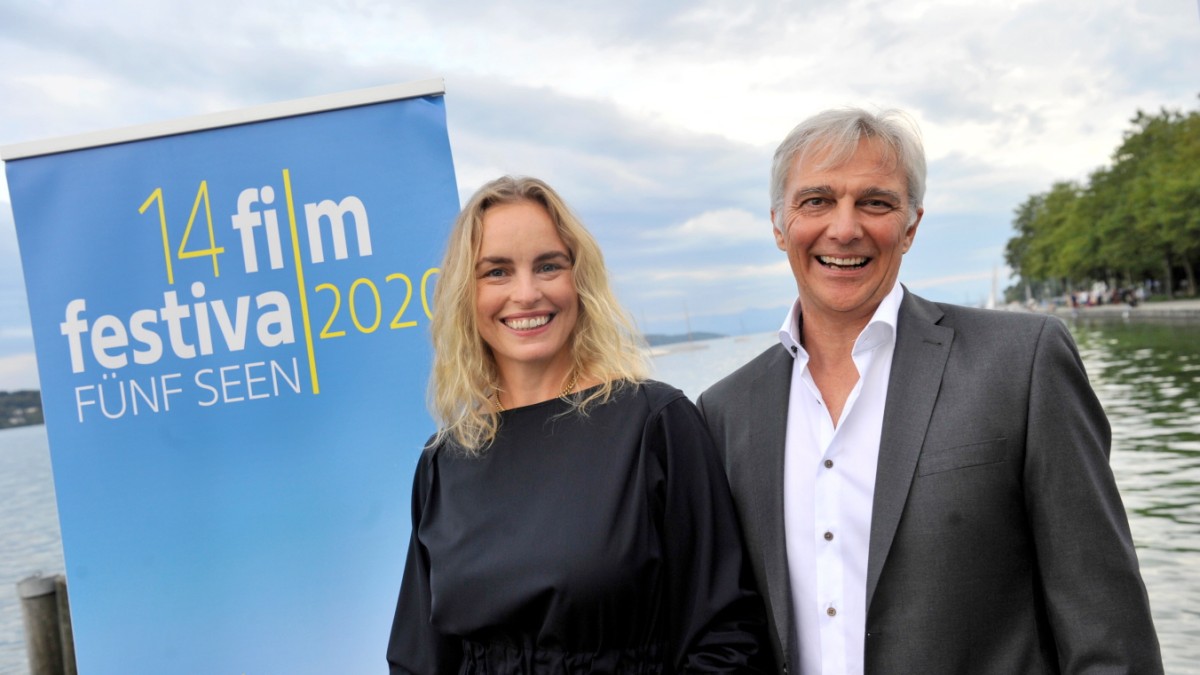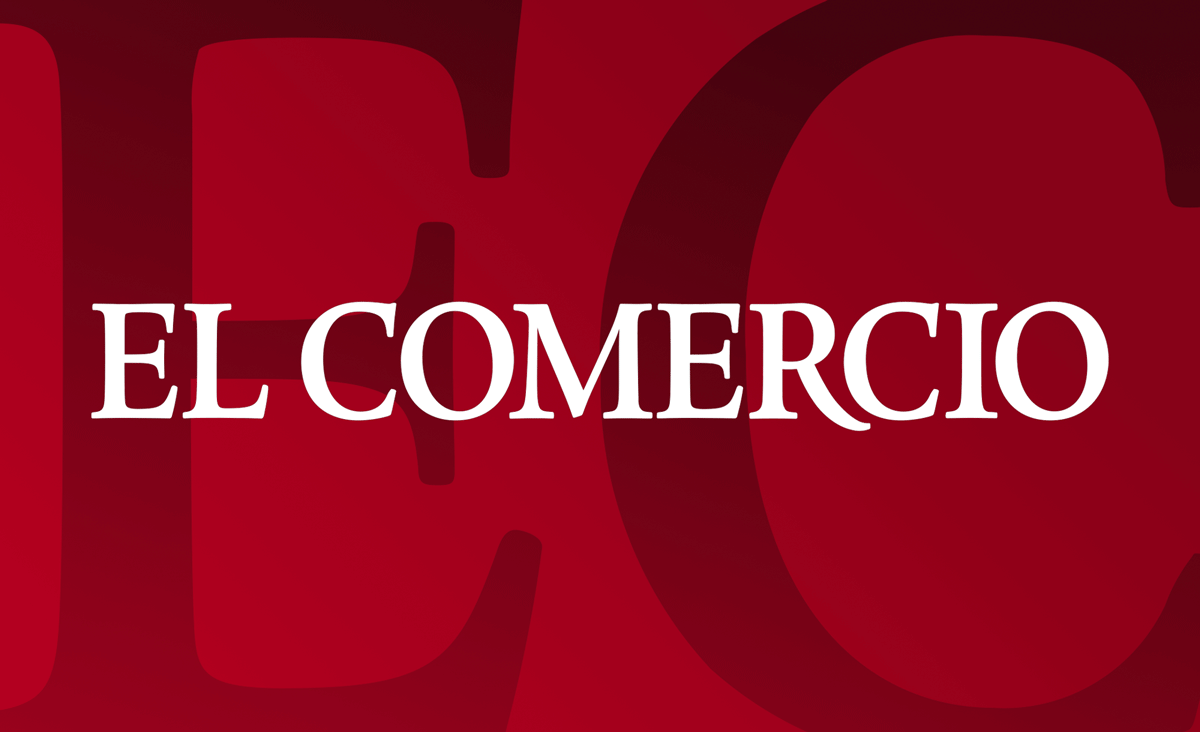Diversity is not a fetish, but a fact. We should finally get used to that. If we don’t, inclusion will fail. Inclusion is essential for people with disabilities, but also for everyone who is threatened or affected by exclusion. A society that is committed to inclusion therefore ensures the participation of all people, with or without disabilities, to the same extent. It ensures ethnocultural justice, gender equality and strives for socio-economic equality of opportunity. It excludes sexism and discrimination in sexual orientations, promotes diversity and strengthens anti-racism.
Participation is indivisible. It is time, therefore, to recognize diversity as a fact and to work with it in a positive way. Inclusion should be understood for what it is: as the theory and practice of participation in all areas of life in our diverse society.
As President of the Disabled and Rehabilitation Sports Association (BSB) I would like to take a look at sport here: On the one hand, there is a wide range of sports in Berlin for people with and without disabilities, especially in sports such as football, athletics or swimming. Archery or karate for the blind, wheelchair tennis, wheelchair table tennis, wheelchair badminton, but also rowing, sailing, diving, hockey and floorball for people with disabilities are offered. On the other hand, the reality leaves a lot to be desired. Even if a lot has happened in terms of inclusion since the ratification of the UN Disability Rights Convention by the Federal Government in 2009, there is still a great deal to be done to ensure equal participation in society for people with disabilities.
[Der Autor Özcan Mutlu ist Präsident des Behinderten- und Reha-Sportverbands Berlin, Mitglied der Deutschen Unesco-Kommission und Senior-Fellow der Stiftung Mercator. Von 2013 bis 2017 war er Mitglied des Deutschen Bundestags für die Grünen, davor Mitglied des Abgeordnetenhauses von Berlin]
The road to an inclusive society is long and the UN Convention (Download here) anything but a sure-fire success. Unfortunately, even today, inclusion, participation and accessibility often have to be fought for against massive resistance, whether at school, at work or in a sports club. Ultimately, it’s a question of attitude. Overcoming barriers in the mind is no easy task.
Top-class sport is an important pillar of our sports association in Berlin, which has around 28,000 members. But popular and disabled sports are the mainstay of all those activities that we offer as a sports association. The term inclusion is rather a foreign word for many Berlin sports clubs or is reduced to wheelchair-friendly access. Inclusion affects many levels; Starting with the accessibility, over the sport, the sport concept and the sport program, up to the trainer: inside and mixed sport groups many areas of a club.
[Lesen Sie hier alle Beiträge unserer Serie “75 Visionen für Berlin”]
There is also more to be done in school sports so that barriers do not even arise in the mind. “Inclusion through sport” is a core concern of our sports association. We support clubs as part of the campaign of the same name, offer sports clubs free advice and actively help sports clubs to apply for funding for inclusion projects. With this service, we are strengthening sports clubs as an association and are committed to breaking down barriers in people’s minds and infrastructure.
Since 2015, with our “Inclusion through Sport” campaign and the promotion of the Aktion Mensch lottery in Berlin, we have been able to mediate and carry out around 160 sports projects with a total funding amount of over 1.5 million euros. In this way, the framework conditions for inclusion in sports clubs could be greatly improved. Participation in the campaign is relatively easy for the sports clubs: we as an association help when a sports club wants to start a sports-related inclusion project. An email to [email protected] enough.
[Wenn Sie alle aktuellen Nachrichten live auf Ihr Handy haben wollen, empfehlen wir Ihnen unsere runderneuerte App, die Sie hier für Apple- und Android-Geräte herunterladen können.]
As the only association president in Germany with a migration background, it is just as important to me to sensitize the migrant community to inclusion and to win them over to more responsibility and participation. There is still a lot to be done here too. Unfortunately, some even view disability as a flaw. It is therefore our aim as an association to do more in this area. The work is worth it, as the successful biography of our top para athlete Ali Lacin shows: As a top athlete who has been amputated on both sides of the thigh, Ali has already broken numerous records as a sprinter and is one of our medal hopes for the Paralympics in Tokyo in 2021.
Education and information in easy language, but also in the different mother tongues that are spoken in Berlin, is therefore important. Inclusion is a task for society as a whole. Representatives from politics and administration are also called upon to do more to promote the recognition of inclusion so that prejudices can be broken down in people’s minds.
My vision for Berlin is an inclusive, livable and lovable city of diversity that is social and fair, in which no one is left behind or disadvantaged because of a disability, social or cultural origin, language, ethnicity, sexual orientation or religion. That’s what I’m committed to.
–


